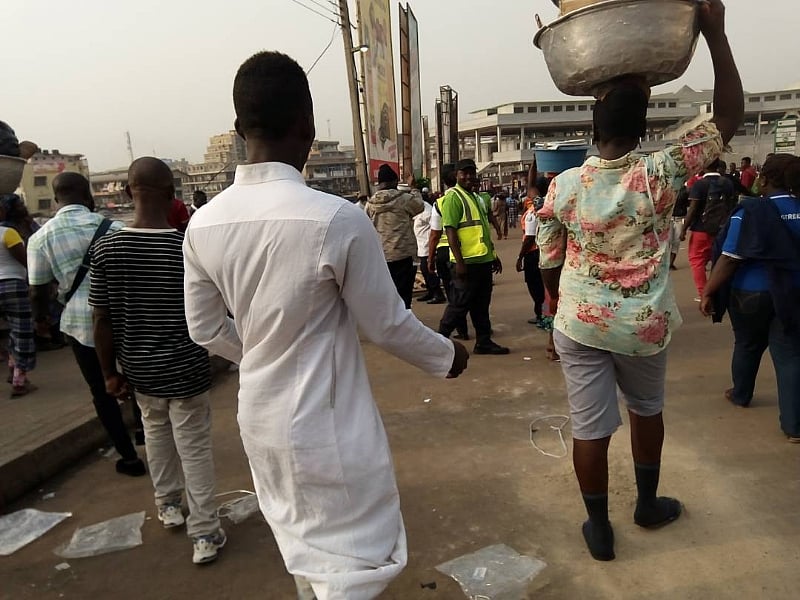In recent years, Ghana’s central business districts (CBDs) in major cities such as Accra, Kumasi, and Takoradi have faced increasing congestion due to the rapid rise of informal trade. While these bustling commercial hubs symbolize economic vibrancy, the lack of regulation and spatial planning has contributed to overcrowding, sanitation issues, and conflicts over space. One effective solution gaining traction is the licensing of traders as part of a broader strategy to formalize their activities and decongest urban centers.
Licensing traders offers a structured framework to bring informal vendors into the formal economy. The licensing process would follow a mandatory training program delivered in local languages to ensure accessibility. These trainings would cover topics such as basic financial literacy, customer service, hygiene standards, and legal rights and obligations. After successful completion, traders would be issued licenses subject to annual renewal, thereby reinforcing compliance and promoting continuous education.
This system does not aim to marginalize or exclude vulnerable traders but rather to ensure that their activities are dignified, regulated, and harmonized with city planning policies. The annual renewal process, linked with performance and compliance metrics, would help maintain a balance between economic freedom and civic responsibility.
Several countries have successfully implemented similar strategies:
Rwanda – Kigali’s city authorities have formalized informal markets by relocating traders to well-structured facilities and enforcing a strict licensing regime, accompanied by training and microcredit support. Kenya – Nairobi has implemented trader registration and licensing systems under county governments, supported by digital identification and location allocation mechanisms. South Africa – Major cities like Johannesburg and Cape Town regulate informal trading through zoning, permits, and regular inspections, ensuring cleaner, safer business environments. India – The Street Vendors (Protection of Livelihood and Regulation of Street Vending) Act, 2014, has created formal mechanisms to license vendors while protecting their rights.
If properly implemented, a trader licensing system in Ghana could yield multiple benefits:
Decongestion of Urban Spaces: Structured allocation of space would reduce overcrowding and improve pedestrian mobility. Improved Sanitation and Order: With designated areas and guidelines, waste management and cleanliness would improve. Increased Tax Revenue: Licensed traders can be integrated into the tax net, increasing municipal revenue without overburdening individuals. Enhanced Trader Dignity and Security: Recognition as formal economic agents may open doors to banking services, legal protections, and government programs. Data for Planning: Registration provides data for future planning and development, improving policy responsiveness.
Despite its promise, the licensing initiative may face several challenges:
Resistance from Traders: Fear of taxation, eviction, or loss of livelihood may lead to resistance unless the program is communicated transparently. Political Interference: Informal traders often become political tools, and enforcement may be undermined during election cycles. Corruption and Bureaucracy: Bribery and favoritism in licensing and space allocation could erode trust in the system. Lack of Infrastructure: Inadequate trading spaces and poor facilities could hinder the transition to formalized zones. Literacy and Accessibility: Training must be simplified and localized to accommodate varying levels of education and language.
Licensing traders is not just about regulation—it’s about integration, empowerment, and sustainability. For Ghana to reap the full benefits of its vibrant informal economy, it must strike a balance between formality and flexibility, supporting traders through training, infrastructure, and inclusive policymaking. With commitment from both local authorities and trader associations, Ghana can transform its CBDs into cleaner, more organized, and economically inclusive spaces for all.


